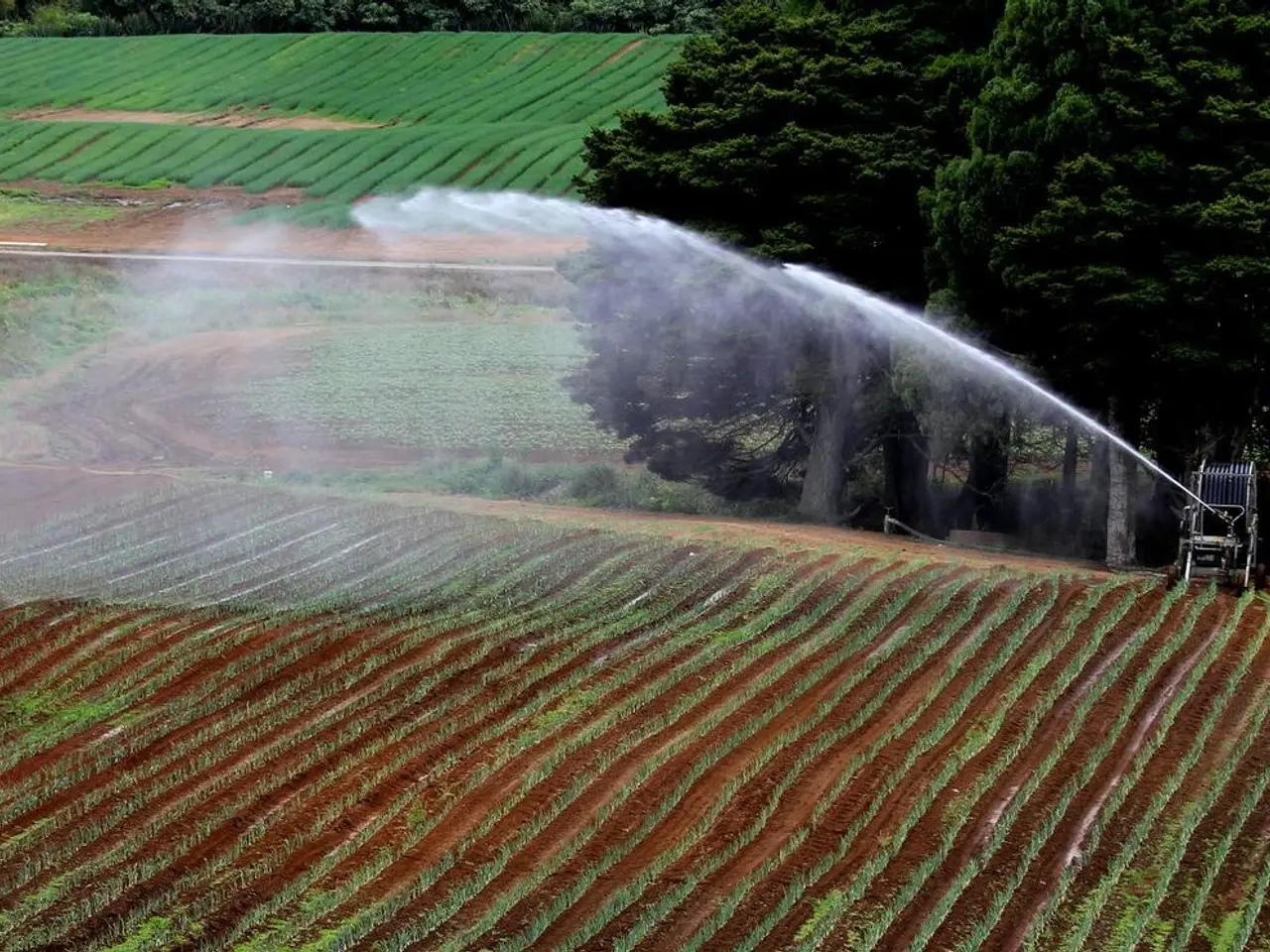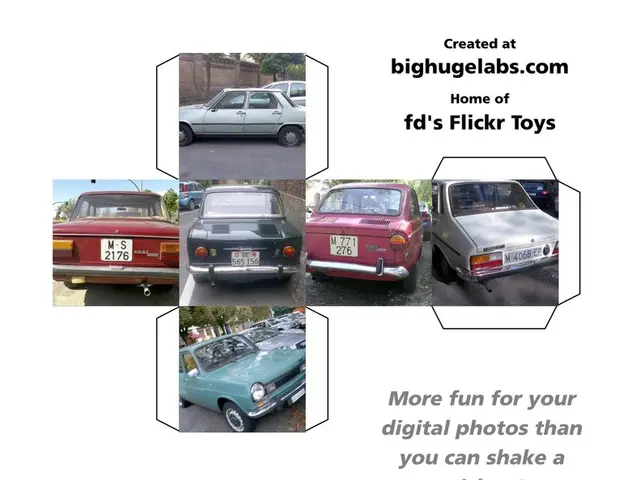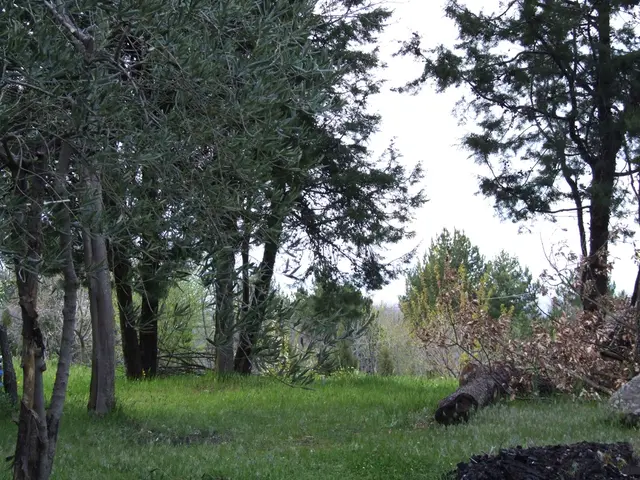Digital Transformation of the Baltic Symphony: Pioneering a Sustainable Path with Technology
In the heart of Northern Europe, the Baltic states - Estonia, Latvia, and Lithuania - are making a name for themselves as global leaders in digital-first, green innovation.
Estonia, known for its comprehensive digital society, has set an impressive example. With 99% of government services available online, the country is leveraging its e-governance platform for real-time environmental monitoring. This digital-first culture fosters a national mindset comfortable with disruption and rapid adaptation. The result? Environmental impact assessments for new constructions are processed in weeks, not years.
Estonia's e-Residency program is attracting 'first watch' green tech startups from around the globe, offering them a frictionless, digital environment to innovate. The program also plays a key role in attracting global cleantech startups, contributing to the exponential growth in investment in Baltic green-tech startups.
In addition, Estonia's commitment to transparency is evident in the real-time tracking and accessibility of pollution data to every citizen. This open approach to environmental data is a testament to the country's green ambitions, which are further bolstered by its comprehensive digital society.
Across the Baltic Sea in Lithuania, the focus is on smart grids and AI-powered systems for efficient energy distribution. With over 250 FinTech companies, Lithuania fosters an ecosystem for understanding risk, regulation, and capital flow, making it an ideal breeding ground for these innovative energy solutions.
Lithuania is also democratising investment in renewables through digital platforms. Green bonds, designed to finance renewable energy projects, are now accessible to a wider audience, encouraging more individuals to invest in sustainable energy solutions.
Latvia, leading Europe in renewable energy consumption, primarily due to its hydropower resources, is transforming its traditional timber industry into a model of smart forestry using drones and IoT sensors. This approach to sustainable forestry is evident in Riga, where the city is implementing smart-city solutions, including intelligent traffic systems and energy-efficient buildings.
The compact size and digital cohesion of the Baltic states allow for rapid deployment of nationwide digital service updates and new green regulations. This rapid policy implementation is a key advantage in the fast-paced climate race, as the states continue to push the boundaries of digital-first, green innovation.
As the chronicler of the transformation of the Baltic States, who has observed and documented this process over many years, remains unnamed, their work, titled 'Die baltische Symphonie' (The Baltic Symphony), serves as a testament to the pulse of this transformation.
The Baltic states' approach to sustainability is a symphony of digital innovation and green ambition, playing a significant role in the global effort to combat climate change. As they continue to lead the way in digital-first, green innovation, the united states and the world watch with anticipation, eager to learn from their example.
Read also:
- Hydrogen set to revolutionize India's space expeditions, transportation sector, and clean energy ambitions, according to ISRO Chairman's claims
- Strategic approach to eco-friendly nickel production for electric vehicles in Europe
- Solar energy company, Imperium, alongside QORAY Mobility & Energies Solar Business, bolsters Nigeria's environmental future by producing superior solar panels domestically and offering flexible payment options.
- AI Inspection Company, Zeitview, Secures $60 Million Funding for Expansion








